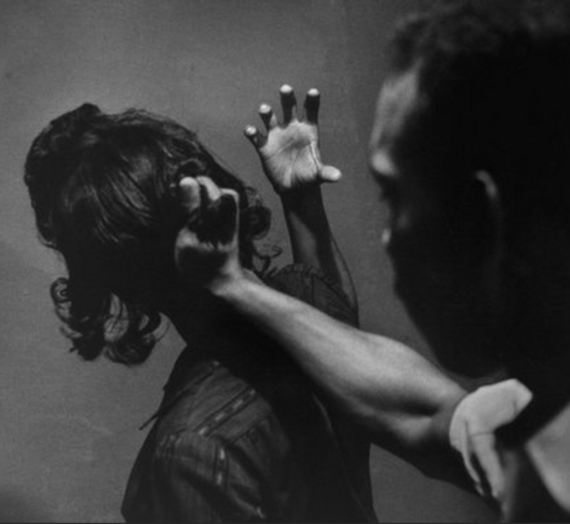In 2020, President Muhammadu Buhari signed into law a new Police Act; the Nigerian Police Force (Establishment) Act 2020. You can download a copy here. The new Act replaced the former Police Act CAP. P19 LFN 2004. A couple of changes have been made in the new Act. It is important to be aware of the changes, for the effective protection and enforcement of your rights. Relax as we take you through some of the new innovations in the Act.
So here we go, here are six key things every Nigerian should know about the Police Act 2020:
- No arrest is to be made on the basis of a Civil Wrong;
Under the new law, a Police Officer is expressly prohibited from arresting an individual on the basis of a civil wrong[1][2]. What this means is that an individual cannot be arrested on the account that he or she is, for instance, owing a debt or has not fulfilled some terms of an agreement which he had earlier signed. Accordingly, every arrest to be made must be based on an issue with an element of crime.
- A suspect is to be informed of his/her rights at the point of arrest;
The Police Act 2020 makes it mandatory for the Police Officer making the arrest to inform the suspect of his right to remain silent at the point of his arrest. A suspect has the right to remain silent or avoid answering questions until consultation with his or her lawyer or any other person of the person’s choice. In the previous Act, the Police Officer was under no compulsion to inform the suspect of this rights. However, under this new Act, it is now compulsory that such notification takes place.
- The Next of Kin of an arrested person is to be informed of the Arrest
Previously, it was the norm that a person will be arrested and dumped in the cell without the knowledge of his or her family. Such a person will have to beg and in some case offer incentives, to be allowed to establish communication with members of his family or any other person of choice. The new Act now places a duty on the police to inform the next of kin or any relative of an individual who has been taken into custody. It is important to mention that the police is not to collect even one kobo from the suspect for the purpose of facilitating such notification.
- Arrest of a person in place of another (arrest in lieu) is now prohibited
The new Act prohibits the notorious habit of the police of arresting a person in place of the other. The police is now prohibited from arresting a father in place of the son, or son in place of the father.
- Arrested Persons are not to be forced into giving statements
The practice before has always been that once a person has been arrested, he or she will be made or forced to write a statement. Under the new Act, a person arrested is not to be forced to give a statement. The suspect is now allowed to choose whether or not to make a statement to the police on arrest.
- The Police is to give notification to the Court of delayed detention
Section 34 of the Constitution of the Federal Republic of Nigeria 1999 (as amended), provides to the effect that a person upon arrest should within 24 or 48 hours (depending on the proximity to a Court to the Police Station), be arraigned before a Court. Flowing from the above constitutional provision, the new Police Act stipulates that where a person is arrested for an offence other than a capital offence[3], and is not released within 24 hours, an application is to be made to the court having jurisdiction to hear the offence informing the court of the delayed detention. The court upon such application is to consider the reason for the continuous detention and grant the person bail if necessary.
The above are some of the innovations incorporated into the Police Act 2020. We hope that our law enforcement officers will take cognizance of these principles and apply them where necessary. You can help them seem this by sharing it.
Written by Queen Ukpo Esq
You may have missed our earlier articles relating to the police as well:
5 Things Every Nigerian should know about their rights and the Nigerian Police Force
Does A Hospital Still Need A Police Report Before Treating A Gun Shot Victim?
Every effort has been made to ensure the accuracy of this publication at the time it was written. It is not intended to provide legal advice, solicit for briefs or suggest a guaranteed outcome as individual situations will differ and the law may change from time to time. Readers considering legal action should consult with a lawyer to get proper advice affecting a specific circumstance. For further information on contents of our site and related topics, please send us an email via contact@ls-ng.com



